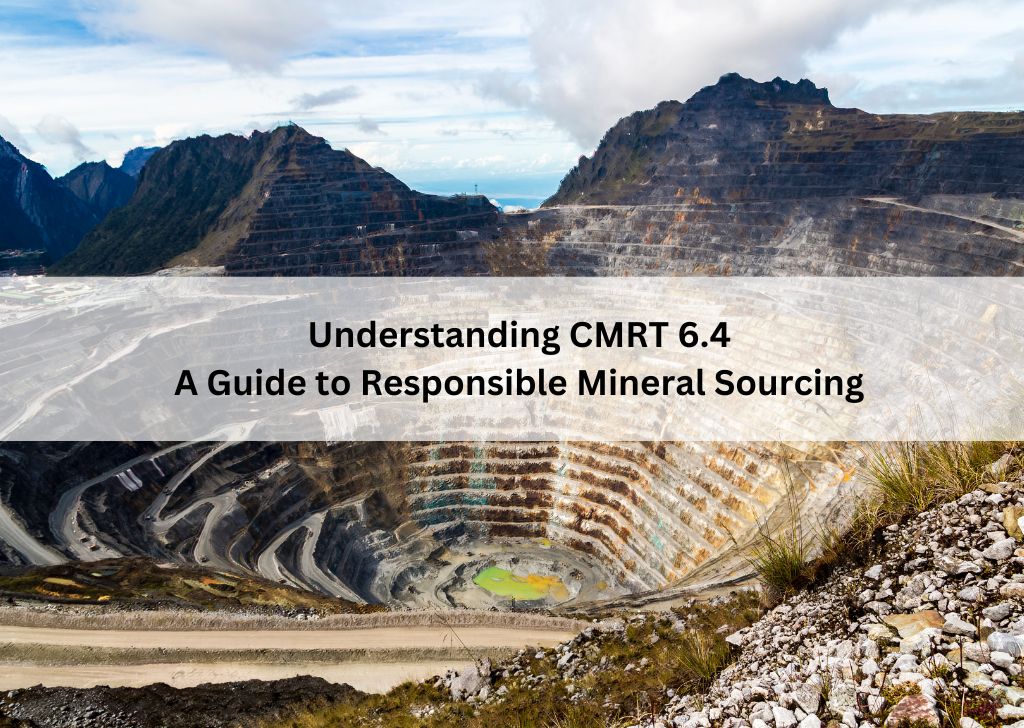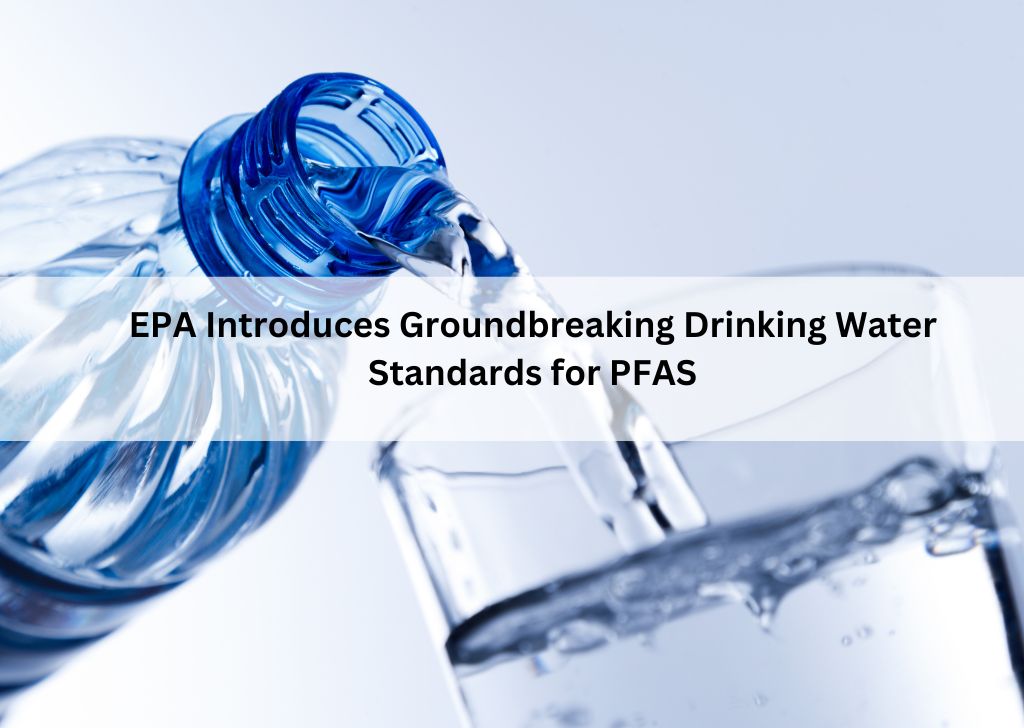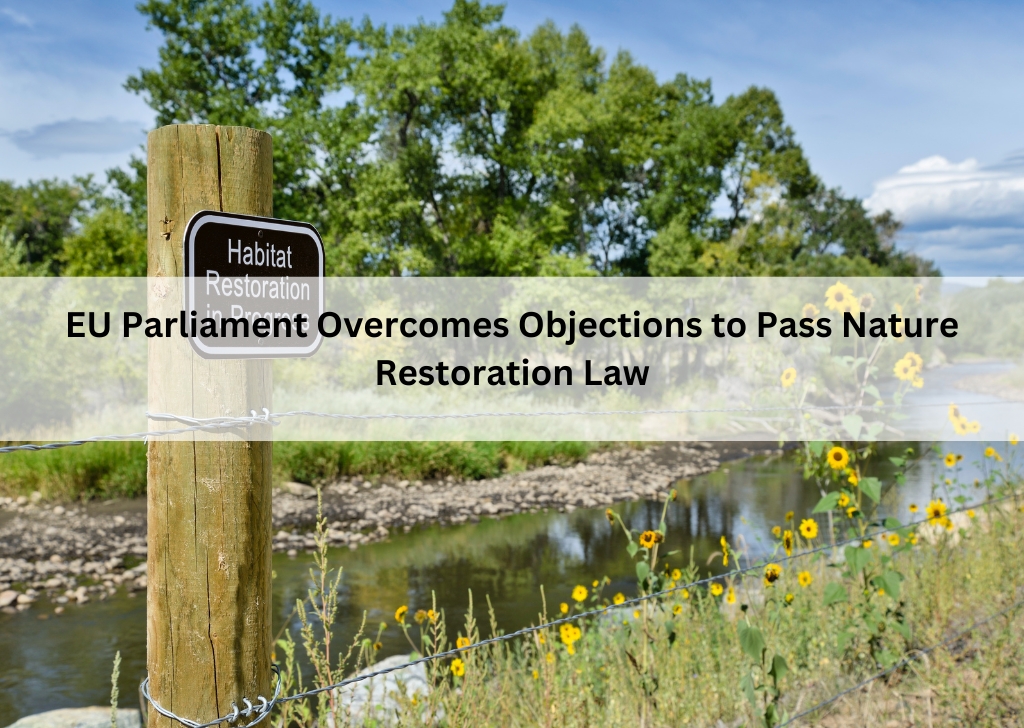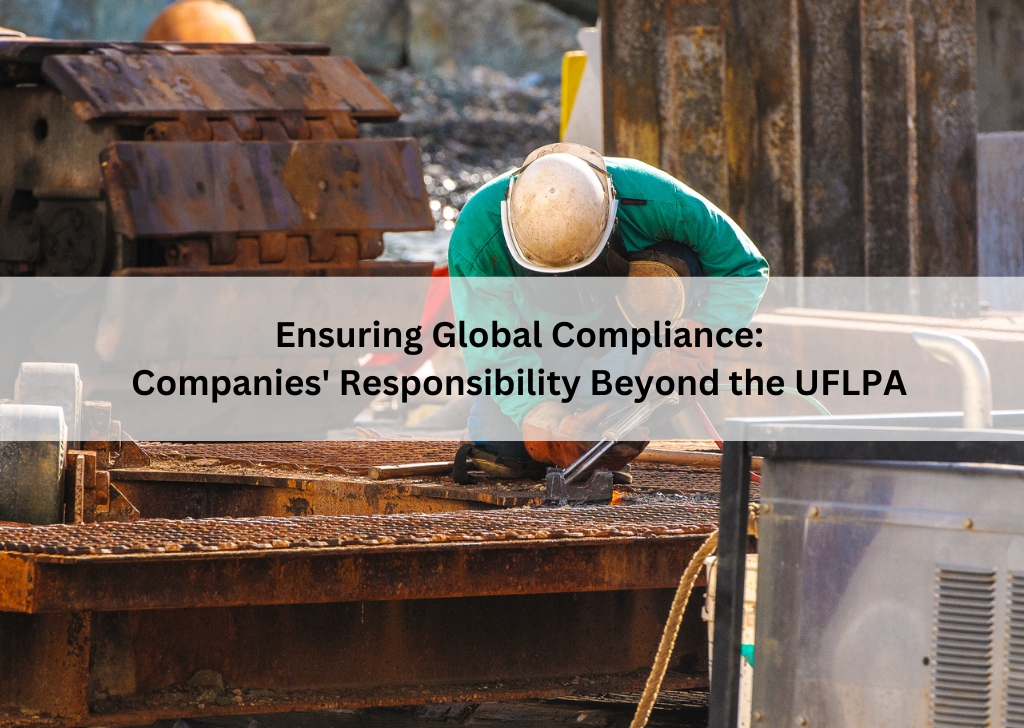
What’s New?
- All Posts
- Blog
- Compliance Documentation
- Conflict Minerals
- ESG
- Ethical Sourcing
- Global Regulations
- IMDS
- MSDS/SDS
- News
- Our Expertise home
- PPAP
- PROP 65
- SCIP Compliance
- TSCA
- Uncategorized
- Back
- RoHS
- REACH
- PROP 65
- Conflict Minerals
- IMDS
- Trade Compliance
- TSCA
- EPR
- Global Regulations
- MSDS/SDS
- Ethical Sourcing
- ECHA

The Conflict Minerals Reporting Template (CMRT) plays a pivotal role in enabling companies to uphold responsible mineral sourcing practices throughout their supply chains. With the debut of CMRT 6.4, organizations gain access to refined reporting standards and advanced functionalities tailored to bolster transparency and accountability. In this article, we’ll delve…

The Environmental Protection Agency (EPA) has taken a significant step forward in safeguarding public health by issuing the first-ever drinking water standards for per- and polyfluoroalkyl substances (PFAS). This landmark action addresses growing concerns over the widespread presence of these persistent chemicals in water sources across the United States. PFAS,…

IMDS (International Material Data System) stands as a vital online database within the automotive industry, obliging manufacturers and suppliers to meet regulatory requirements. Developed by DXC Technology, IMDS undergoes continuous improvement to align with evolving regulations and streamline reporting processes. Following the recent rollout of IMDS Release 14.3, DXC Technology…
Upcoming Regulation
- All Posts
- Blog
- Compliance Documentation
- Conflict Minerals
- ESG
- Ethical Sourcing
- Global Regulations
- IMDS
- MSDS/SDS
- News
- Our Expertise home
- PPAP
- PROP 65
- SCIP Compliance
- TSCA
- Uncategorized
- Back
- RoHS
- REACH
- PROP 65
- Conflict Minerals
- IMDS
- Trade Compliance
- TSCA
- EPR
- Global Regulations
- MSDS/SDS
- Ethical Sourcing
- ECHA

PFAS, often referred to as “forever chemicals,” are recognized as top-tier hazardous substances due to their persistent nature in the environment and their propensity for bioconcentration, bioaccumulation, and biomagnification. These properties pose significant risks to ecosystems and human health. In response, various regulations have been implemented in the United States…

The European Parliament has approved a new law aimed at restoring and safeguarding natural habitats and ecosystems, with a mandated target for EU countries to implement measures to restore at least 20% of the EU’s land and sea areas by 2030, and for all ecosystems in need of rebuilding by…
Industry updates
- All Posts
- Blog
- Compliance Documentation
- Conflict Minerals
- ESG
- Ethical Sourcing
- Global Regulations
- IMDS
- MSDS/SDS
- News
- Our Expertise home
- PPAP
- PROP 65
- SCIP Compliance
- TSCA
- Uncategorized
- Back
- RoHS
- REACH
- PROP 65
- Conflict Minerals
- IMDS
- Trade Compliance
- TSCA
- EPR
- Global Regulations
- MSDS/SDS
- Ethical Sourcing
- ECHA

In today’s fast-moving global business environment, adhering to forced labor laws is not just an ethical duty but also a legal requirement. The Universal Declaration of Human Rights and International Labor Organization conventions clearly denounce forced labor, but it remains widespread, especially within the supply chains of multinational firms. Although…